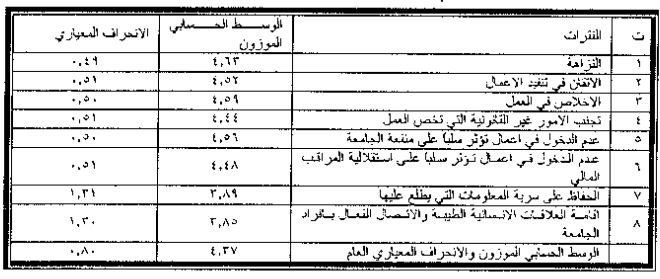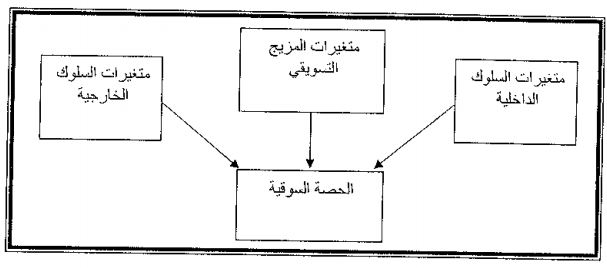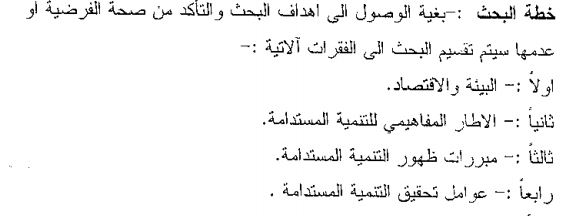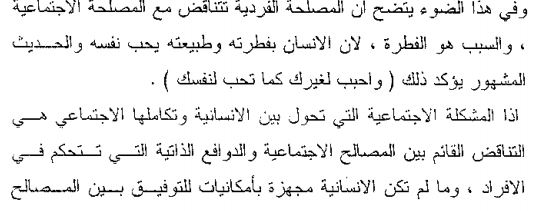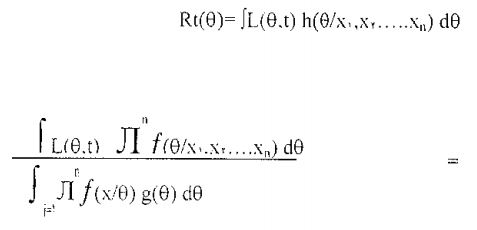Vol. 5 No. 18 (2007): Iraqi Journal for Administrative Sciences
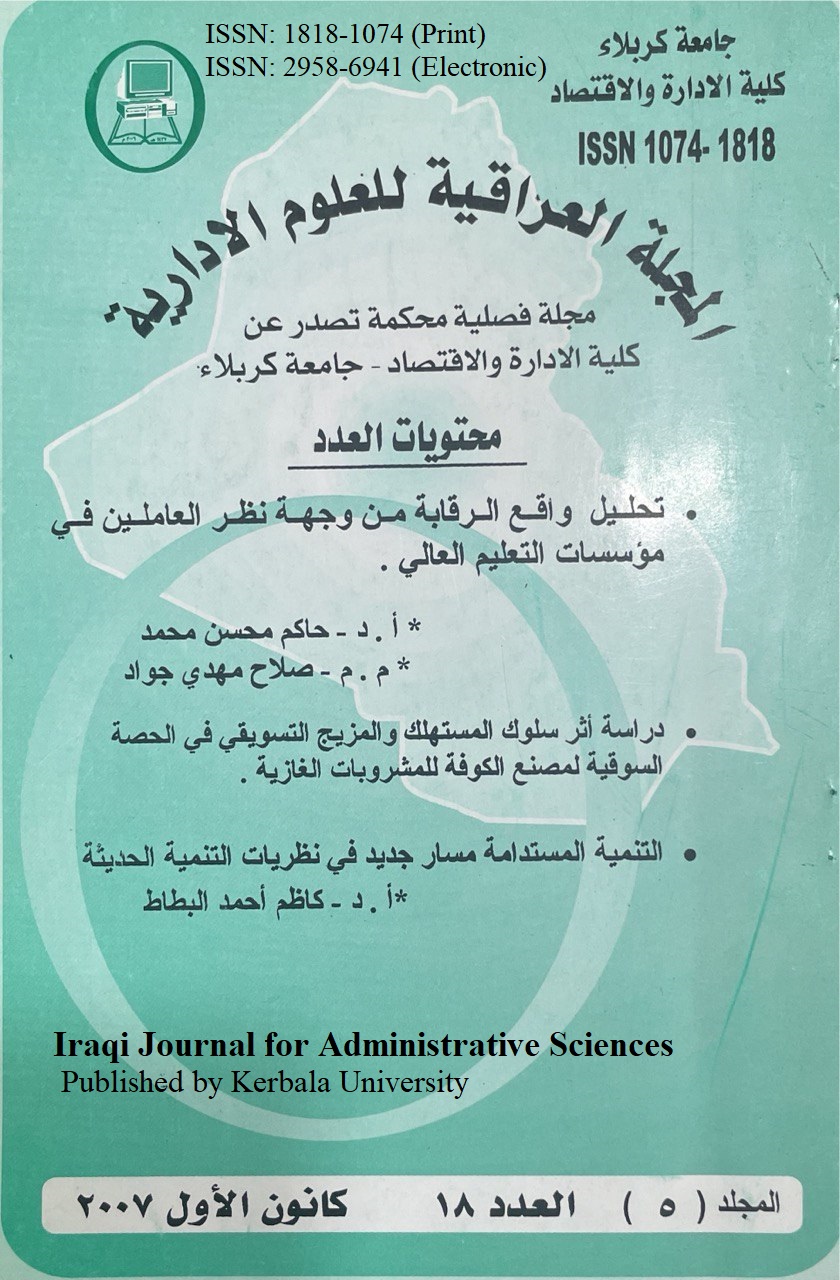
These topics span economic development, education, finance, consumer behavior, and statistical modeling areas. The first analyzes employee perspectives on financial control processes at higher education institutions, exploring how well budgeting and oversight functions are carried out. The second examines factors driving consumer purchasing decisions and how marketing mix elements like product, price, promotion and place impact market share for a beverage company. The third and fourth titles relate to sustainable development and modernizing higher education models. One looks at sustainable development as an emerging paradigm reformulating traditional economic growth theories. The other proposes developing university programs around distance learning, e-learning, open education and virtual classrooms as part of enhancing human capital. The fifth topic covers Islamic economic planning principles aiming to balance individual self-interest with societal benefit. Faith-based guidelines influence areas like property rights, wealth distribution and social welfare priorities. The final item is a quantitative study comparing the accuracy of the Boys estimation method versus ordinary least squares regression for modeling the relationship between money supply and GDP in Iraq. These diverse titles illustrate research investigating economic and educational development issues from multiple perspectives - institutional processes, consumer behavior, sustainability frameworks, technology applications, Islamic principles and econometric techniques. Understanding these facets is critical for comprehensive policymaking.

